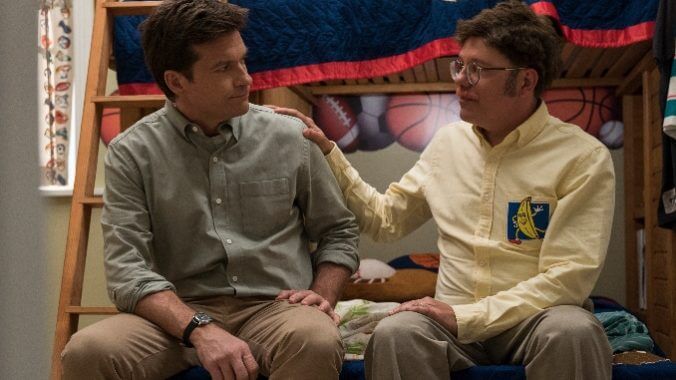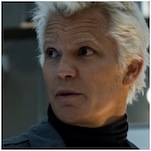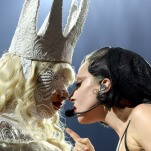Arrested Development Turns 20: Now the Story of a Wealthy Family Who Lost Everything
Photo by Saeed Adyani / Netflix
The pilot episode of Arrested Development, which aired in November 2003, closes its first act with the central family hijacking a party boat to outrun the Security Exchange Commission. Family patriarch and real estate CEO (George Sr.) is arrested by the SEC for defrauding investors and the misuse of company funds. This is our introduction to the Bluths.
Arrested Development came out on the heels of massive corporate scandals like Enron and Adelphia. In 2001, Enron was the largest bankruptcy filing in US history, and soon people formerly only mentioned in the business section became household names and CEOs were handcuffed on TV.
In the 20 years following the Arrested Development pilot, the US saw the subprime mortgage crisis, the fall of financial institutions like Lehman Brothers and Bear Stearns, the Occupy Wall Street movement, the Great Recession, and the Bernie Madoff scandal.
Arrested Development was an early adapter to the changing economic mood of the country in the 2000s, and doing so, it left a legacy of other popular “Riches To Rags” shows like 2 Broke Girls and Schitt’s Creek.
“You’re gonna get some hop ons.”
From 2003 on, the idea of losing wealth in public scandals became so normalized that it was the topic of these three major comedies. As the anti-elitist and populist movements on both sides of the aisle grew, Arrested Development and its successors (or “hop ons”) created a new American comedy to mirror public sentiment.
Arrested Development, Schitt’s Creek and 2 Broke Girls start out similarly—within the first three episodes there’s a newsworthy scandal causing the government to freeze the central family’s funds and repossess their assets. Our main characters face lifestyle changes and end up in closer-than-comfortable living situations.
As the blueprint (Bluthprint?), Arrested Development is the sharpest satire. Shot in single camera, vérité style to mirror the growing trend of reality TV, the show has little sympathy for the Bluths. Practically all the adult characters (with the exception of Michael) are complicit in one way or another, spending company money at their leisure and collecting idle paychecks. Every Bluth is a schemer to some degree: detached, delusional, and self-interested. Regular people become collateral damage for their antics, such as the family’s housekeeper Luz dragging a rack of Lucille’s furs to hide from the government across town on multiple buses, Johnny Bark abandoning his tree post after falling for Lindsay’s vanity protest, and Helen Maria Delgado’s accidental kidnapping.
2 Broke Girls, which premiered in 2011, centered on Caroline Channing, the rich, well-educated, naïve daughter of the Madoff-like figure Martin Channing. The show took what Arrested Development did and made it multicam, colorful, and broader in its satire. Schitt’s Creek aired in 2015, and by then a loss of money for a wealthy family was no longer novel. The tone was silly and focused more on the fish out of water aspects of the once-affluent Roses, who were spoiled, but pretty much harmless. The show poked fun at the rich and sheltered family, but gently… it was, after all, created by the Levys. However, what was consistent across all three shows was their portrayal of the ultra wealthy as out of touch and bumbling, and the joy the sitcoms took in portraying their struggles.
-

-

-

-

-

-

-

-

-

-

-

-

-

-

-

-

-

-

-

-

-

-

-

-

-

-

-

-

-

-

-

-

-

-

-

-

-

-

-

-








































